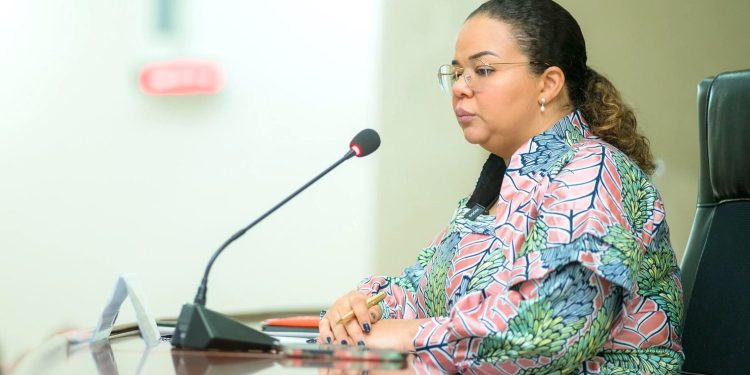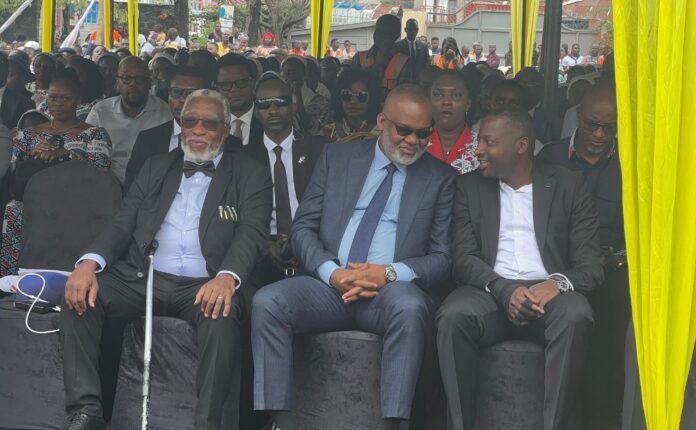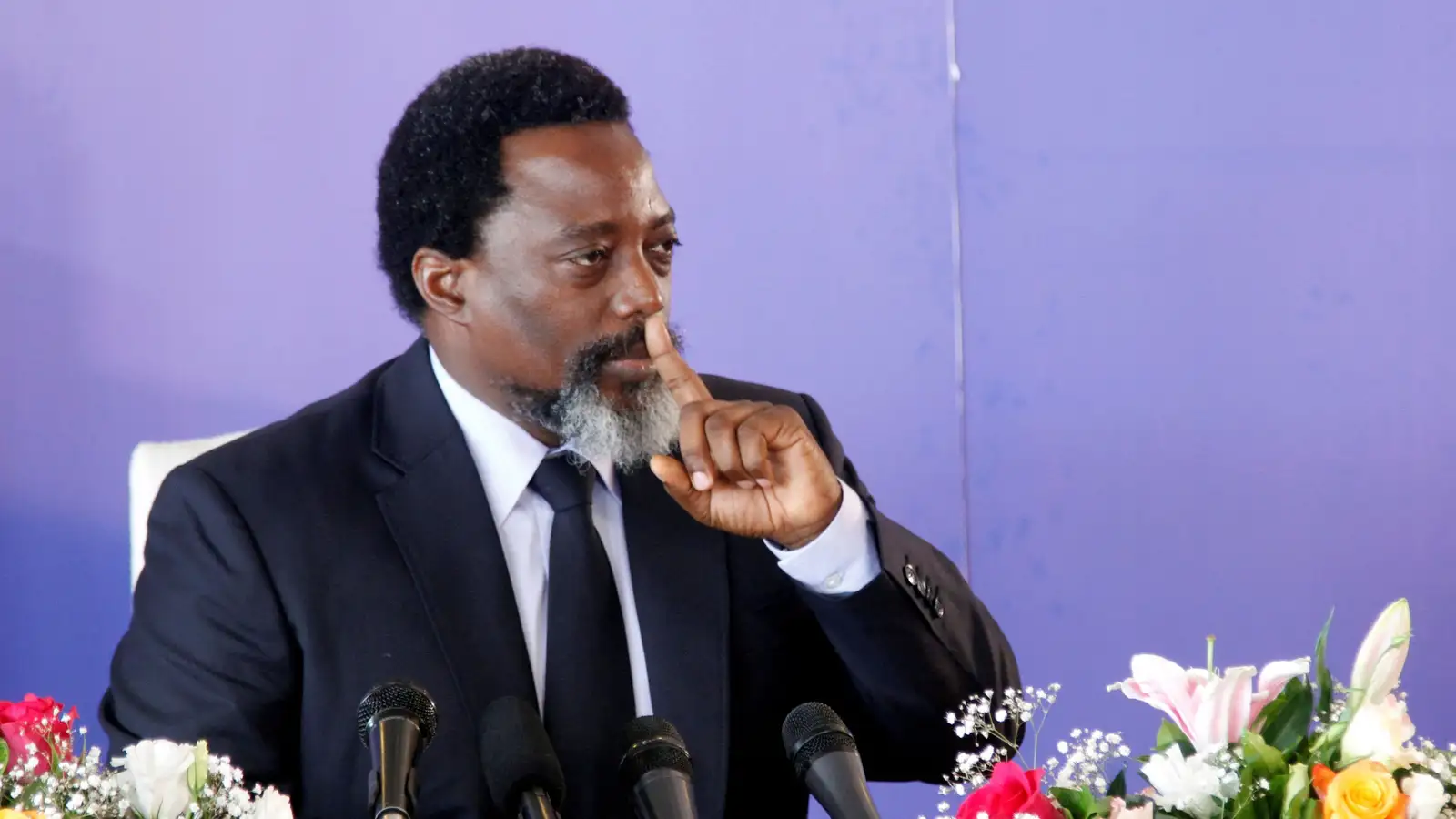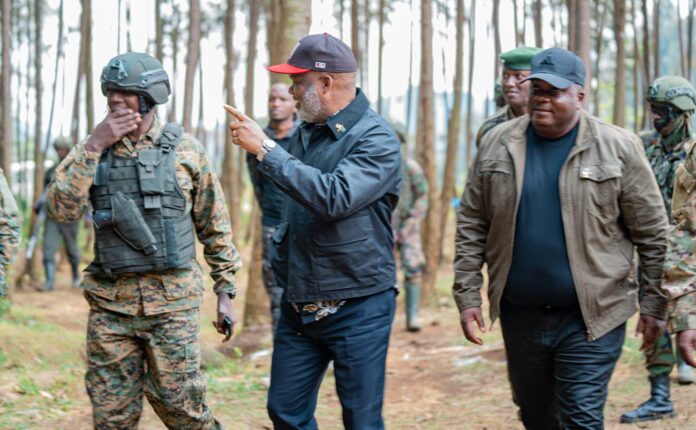The Democratic Republic of Congo’s Minister of Foreign Affairs, Thérèse Kayikwamba, has confirmed that the national army will no longer launch attacks against the M23 movement. She stated that this decision was made by the government in adherence to the agreements reached in Doha, Qatar, between the presidents of Rwanda and the DRC.
Note: Company, Blog, Church websites are free.
Kayikwamba made these remarks during a press conference in Kinshasa on Sunday. She emphasized that the government is committed to “halting the fighting as soon as possible” to protect the suffering population.
She further explained that the evolving nature of the conflict has led the government to consider direct negotiations with M23, provided they contribute to ending the war.
“The situation today is different from December last year when we were preparing to sign agreements with Rwanda,” she said. “There have been significant developments over the past few months.”
On March 12, 2025, the Angolan government announced that Kinshasa had agreed to hold direct talks with M23, which were set to begin last Tuesday. However, M23 refused to participate, citing European Union-imposed sanctions on its leaders as an obstacle to the peace process.
Following M23’s withdrawal from the talks, Minister Kayikwamba expressed disappointment over the group’s decision.
Meanwhile, on Saturday, M23 announced that it would withdraw its forces from Walikale as part of efforts to find a peaceful resolution to the conflict. In response, FARDC leadership declared on Sunday that the Congolese army would cease all military offensives against M23, potentially paving the way for dialogue and negotiations.
However, this is not the first time both sides have declared a ceasefire or truce, only for hostilities to resume shortly after, with each party accusing the other of reigniting the conflict.



